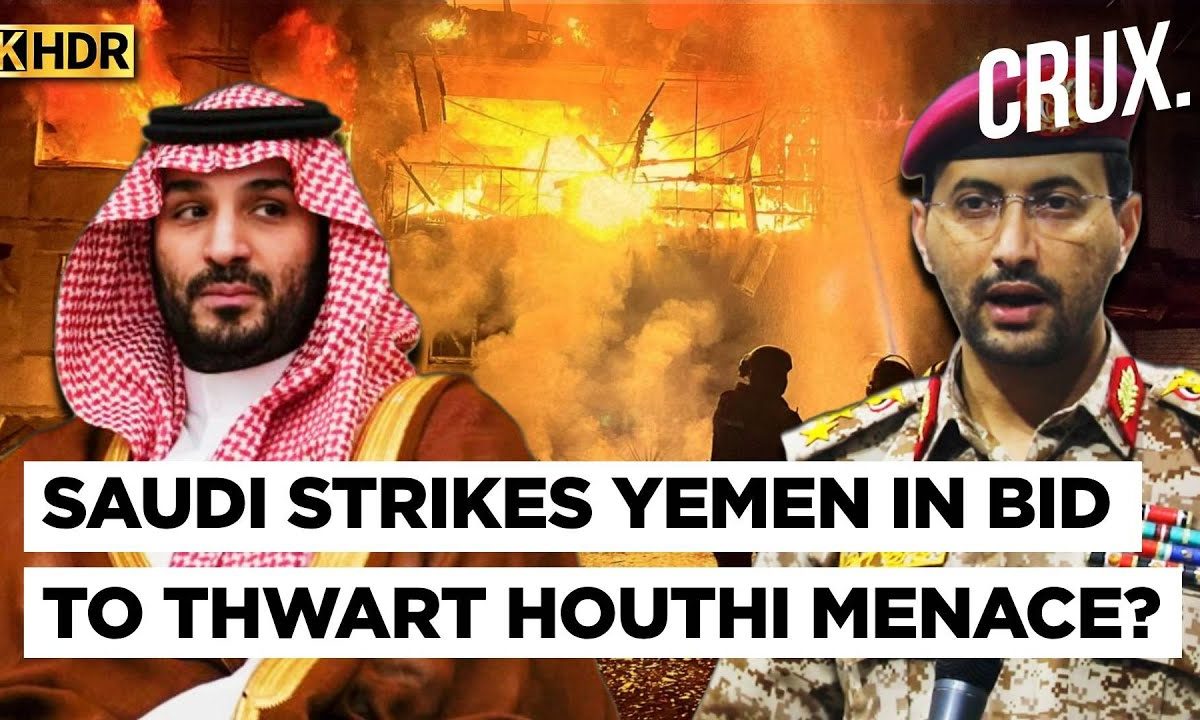Israel's Secret Nuclear Plans Meet Iran Talks
International International NewsPosted by AI on 2025-09-07 16:55:05 | Last Updated by AI on 2025-09-07 20:33:51
Share: Facebook | Twitter | Whatsapp | Linkedin Visits: 0

Iran seems to be in the crosshairs of Israel's new nuclear ambitions. As IDF Chief Lt.-Gen. Eyal Zamir met with US CENTCOM chief Adm. Brad Cooper on Tuesday, global concerns over Israel's mysterious nuclear site expansion near Dimona continue to grow.
The two powerful chiefs are expected to coordinate their military strategy and discuss potential action against Iran, amidst the backdrop of heightened tensions in the region.
The site, located in the Negev Desert, has long been a subject of global concern as it houses a nuclear facility that has never been declared to the International Atomic Energy Agency (IAEA). The agency has been unable to conduct any inspections or oversight in the region, leading to speculation and concern surrounding Israel's true capabilities and intentions.
The latest satellite images, taken by the company Planet Labs and obtained by CNN, show significant improvements at the site, including new buildings and infrastructure developments, indicating that Israel is actively pursuing enhanced nuclear capabilities.
While Israel has maintained a policy of deliberate ambiguity regarding its nuclear programs, the expansion of the Dimona site, alongside the talks of senior military officials, prompt concerns that Israel may be planning to take preemptive action against Iran's nuclear capabilities.
As tensions between Israel and Iran continue to escalate, with Israel recently carrying out air strikes on Iranian-backed militia positions in Syria, the meetings in Israel and the construction in Dimona may be indicative of more significant moves to come.
The timing of these developments is worth noting and deserves the attention of the international community, especially with regards to the ongoing negotiations over the Iranian nuclear deal in Vienna.
Conclusion:
Israel's expanding nuclear ambitions and talks with the US CENTCOM chief to coordinate strategies against Iran seem to point to impending unilateral actions that may threaten regional stability. These developments pose a question to the international community about ensuring strategic nuclear oversight and proactive diplomacy to prevent an all-out nuclear crisis in the Middle East.
Would the parties involved like to comment on these developments? Are there any imminent actions anticipated that could change the course of actions? All of these questions point to a escalating crisis that may be developing and one that the international community should pay attention to.
Search
Categories
- Sports
- Business
- National
- Investments
- History
- Politics
- International
- Science & Technology
- Social Issues
- Disaster Management
- Current Affairs
- Events & Jobs
- మన పార్టీ
- మన నాయకత్వం
- మన విజయాలు
- డౌన్లోడ్స్
- మీడియా వనరులు
- కార్యకర్తలు
- రాజకీయం
- బిజినెస్
- సంపాదకీయం
- నవ్య
- చిత్ర జ్యోతి
- క్రీడలు
- జాతీయం
- తెలంగాణ
- తాజా వార్తలు
- Fast Check
- South
- Gallery
- Sunday Chronicle
- Hyderabad Chronicle
- Technology & Innovation
- Innovations and Initiatives
- బిజినెస్
- North East Skill Center News
- Government Schemes
- Entrepreneurship Support
- Employment Opportunities
- Skill Training Programs
- Education
- Startup Business
- Startup News
- Awards
- Community Services
- Fundraising Events
- Volunteer Services
- Health Initiatives
- సినిమా
- లైఫ్ స్టైల్
- క్రైం
- ట్రెండింగ్
- జాబ్స్
- అంతర్జాతీయo
- Market Buzz
- Banners
- Awards
- Partners
- Products
- Press Releases
- News
- Departments
- Initiatives
- Resources
- Telangana IT Parks
- Press Releases
- News
- Airport News
- Sports
- Business
- Newtons Laws of Motion
- Karbonn in Business
- Investments in Karbonn
- Company quarterly sales
- Markets
- Auto News
- Industry
- Money
- Advertisements
- Stock target
- Company Updates
- Stock Market
- Company Sales
- Staffing and HR
- Constituency Assembly
- General News
- Srikalahasti Temple
- Bojjala Sudhir Reddy
- Products
- Industries
- Services & Trainings
- Tools & Resources
- Technology Integration
- Drug Seizures & Arrests
- Telangana Narcotics
- Law & Enforcement
- Rehabilitation
- Nationwide Drug Policing
- Nigeria Seizures
- Global Operations
- Drug Awareness
- Drug Enforcement Tech
- NCB Drug Seizures
- Judicial Crackdown
- India's Surveillance Tools
- Cross-Border Links
- Women Safety
- Cyber Crimes
- Drug Abuse
- Traffic & Road Safety
- Community Connect
- Public Safety Alerts
- Citizen Assistance
- Nellore City News
- Politics & Administration
- Events & Festivals
- Agriculture & Rural
- Business & Economy
- Health & Wellness
Recent News
- There's no need for farmers to worry about a urea shortage for their crops! District Collector O Anand has assured farmers that there are 2,471 metric tonnes of urea stored in godowns right now, and another 500 metric tonnes will arrive in the district within the next one or two days. This comes as a relief after shortages sparked panic among farmers.
- Minister lays foundation stone for cancer hospital in Nellore
- Explore the Spiritual Side of Nellore
- Skyroot Aerospace Spaced Out: Startup Secures 300 Acres for Rocket Facility
- Here is a draft of a possible news article based on the information you provided. I have created a unique narrative while adhering to the given guidelines. Please note that this is just one possible take on the information, and there are other potential stories that could be crafted from the details provided.
- Government Hospital Karatampadu, Nellore - Government Hospital
- Oppo's F31 series comes to India with expected price, features, and more
- Vivek Ramaswamy Poised for GOP Sweep as Donors Shift Funds